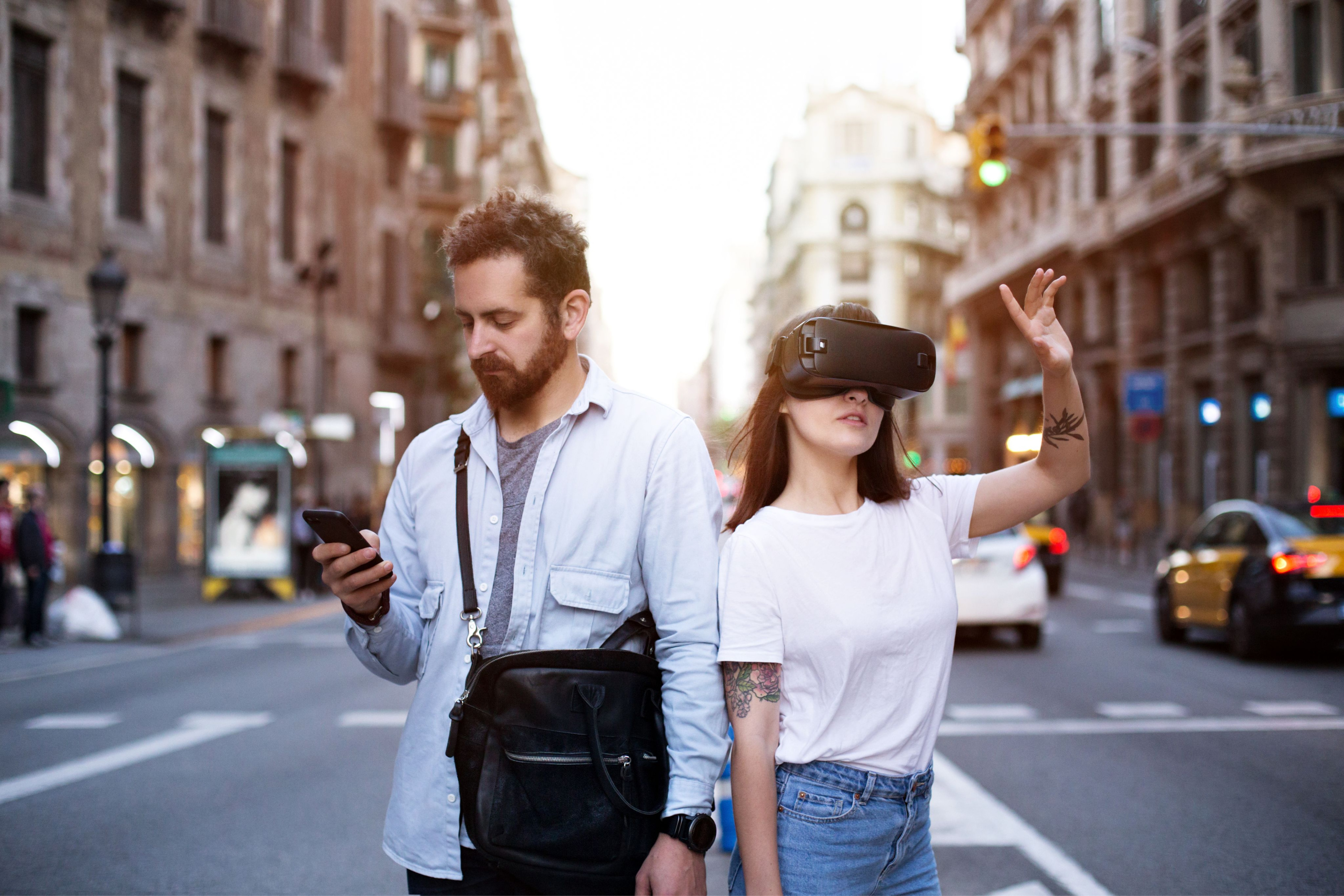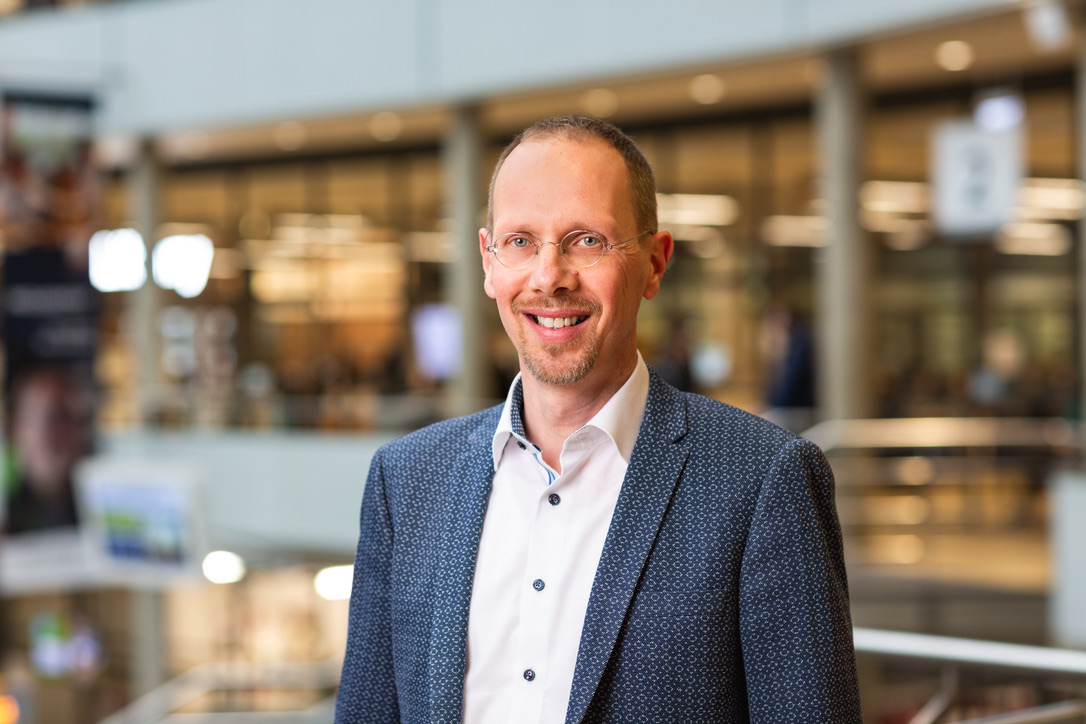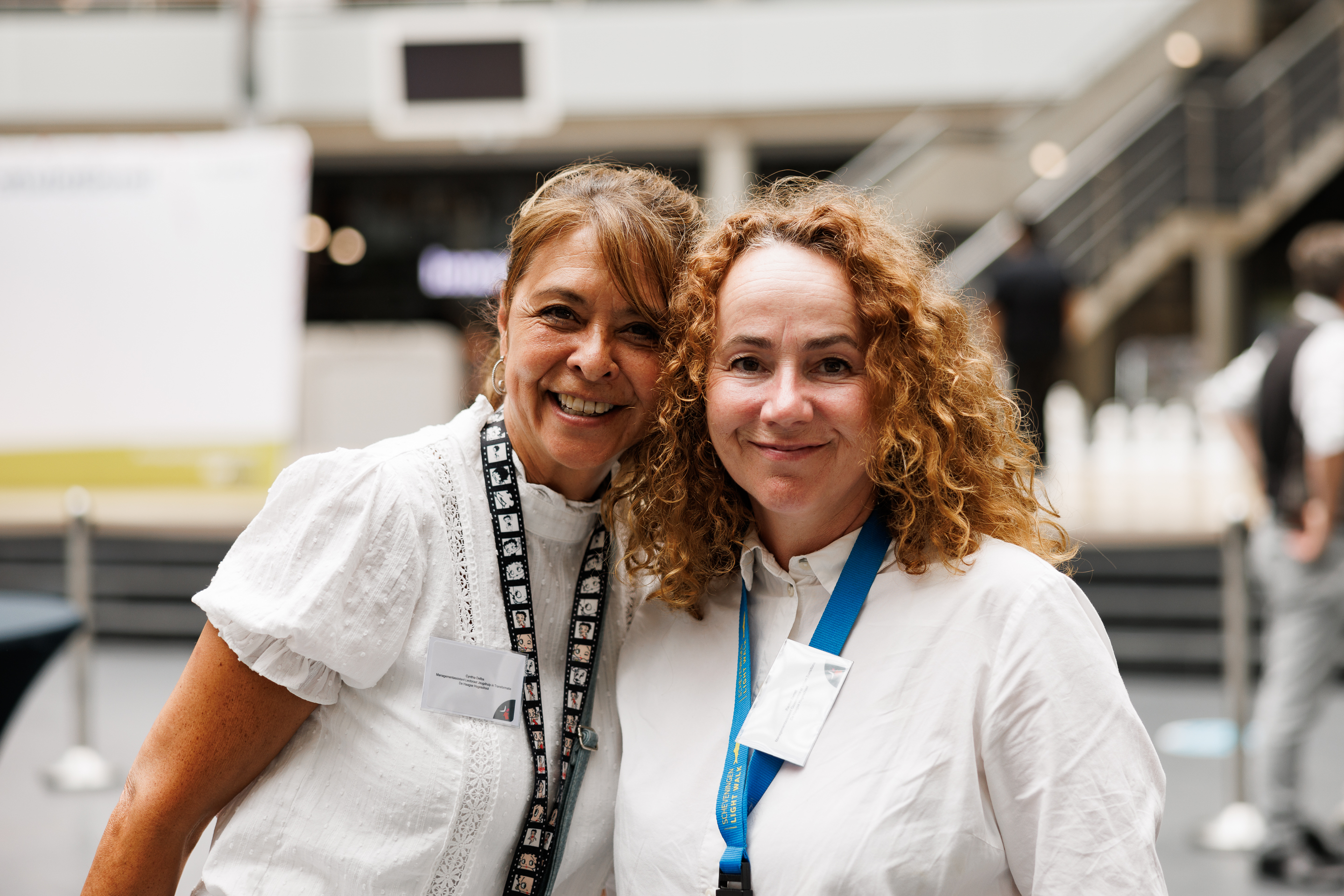Civic Technology
Centre of Expertise Governance of Urban Transitions

Introduction
Civic Technology empowers people in their role of citizen. Civic Tech can be used, on the one hand, by government to give citizens an active role in governing and designing society, e.g., in participation project or with Smart City technology.
On the other hand, citizens themselves can take initiatives in engaging with the community they live in, e.g., using community platforms or with Citizen Science technology.
The research group on Civic Technology develops knowledge on designing and applying interactive technology that constructively contributes to society, in areas such as democracy, citizen participation, smart city development, community-building, and social media.
About the research group
The research domain of the group includes Smart City, but focuses on Smart Citizen solutions that empower people in their role of citizen. In a functional society, individual thinking and acting must relate to public values in a community. Technology can play a catalysing and mediating role here, e.g., with new means for community-building and for collaboration of citizens and governments in mutual participation. Important aspects are equality, inclusivity, deliberation, dialogue, and democracy, but also creativity, openness, and transparency.
The research challenge for this group is, departing from a knowledge base in technology and application domains, to generate knowledge on designing interactive applications and user experiences that aim for an optimally constructive effect in society and for individual citizens. Our method is research through design – we create and evaluate innovations by exploring design spaces, studying their effectiveness, and optimising solutions.
About the professor
dr. ir. Jos van Leeuwen
Jos van Leeuwen is Professor of Civic Technology since May 2019. In the ‘90s he studied Building Information Technology at Eindhoven University of Technology. After his studies, he worked part-time in the software industry and on his PhD research at Eindhoven University of Technology, where he continued to work design as associate professor doing research on collaborative and managing the master programme on Design & Decision Support Systems. In 2006 he was invited to a position of associate professor at the Universidade da Madeira, Portugal. Here, he initiated a new bachelor’s degree on Interactive Media Design and co-founded and co-directed the successful Madeira Interactive Technologies Institute, a research and education institute in Human-Computer Interaction that collaborated intensively with Carnegie Mellon University. Since 2011, Jos works at The Hague University of Applied Sciences, at the Faculty of IT & Design, initially as associate professor in the Communication & Multimedia Design programme. Since May 2019, he is full professor of Civic Technology. The research group develops knowledge on designing and applying interactive technology that constructively contributes to society, in areas such as democracy, citizen participation, smart city development, community-building and social media. A central theme is the encouragement of public dialogues. Two important subjects in the research are online deliberation and dialogues through speech interfaces in public spaces.
+31 (0)6 - 48 12 90 61
[email protected]

Technology has a major impact on society, can bring people closer together or incite hatred. Designers have a leading role in determining the way forward: not only in terms of design but also in terms of morality.
Team
Within our research group, researchers, lecturer-researchers and students work closely with practice partners to conduct research. Together they are committed to translating the results of the research -knowledge and insights- into the practice of education and the region.
